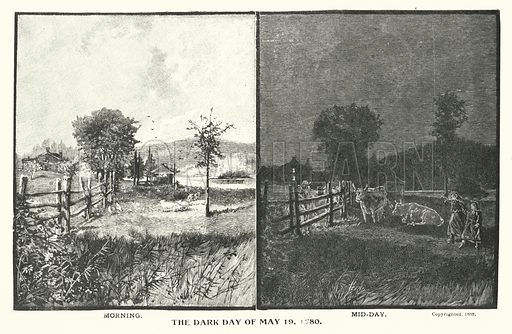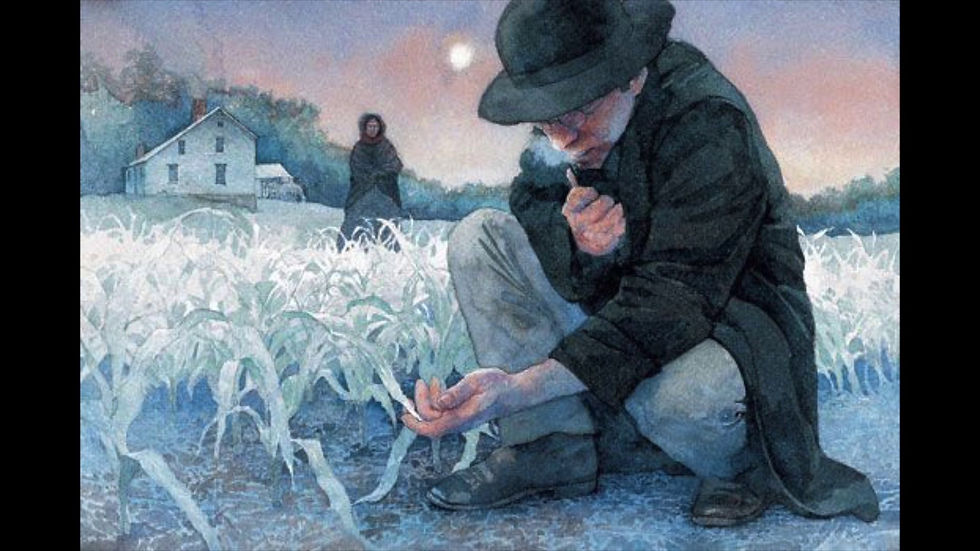Unusual Climate Events in American History
- katellashisadventure
- Feb 18, 2025
- 3 min read

Every so often I come across a story about an unusual weather event that caused panic among the population - two such dates events occurred in America between 1780 and 1816 but there are many other such events.
In 1780, the skies over New England began to darken due to forest fires in Canada during this period. Specifically on May 19th, the skies were filled with heavy clouds described as bright but also with a reddish hue which began in the morning and continued through the evening. It caused panic up and down the New England Coast from Maine to New Jersey with even General Washington noting it in his diaries as he commandeered the Continental Army in New Jersey.
Many people thought it may be God's judgement or rebuke or that the day of Judgement had finally arrived. Without proper communication the theories as to why the sky darkened ran into the absurd. However, it was Joseph Dow, a New Hampshire historian, who stated that it was a purely natural event resulting from the fires in Canada and fog from the ocean creating a combination of smoke, fog and clouds that were carried by the wind initially eastward and by evening a light wind swept them out of the area.

A second climate phenomenon that occurred caused New England to forego summer in 1816. Every month of that year would produce a hard frost and snow fell in June. This was a true climate event unlike the nonsense that is spewed today about "climate change" as crop failures during that summer had serious economic consequences for the area. It also contributed to an exodus of people to the west so that they could make a living elsewhere.
Some of the crazy weather events that occurred during that spring and summer were fluctuations in temperatures. Examples are warm spring days followed by a severed cold snap the next day from a 53-degree temperature swing or ice storms in May which killed fruit tree and froze crops. Then in June came a snowstorm that dropped 6 - 18 inches of snow on the ground depending on where one lived in New England.
These drastic temperature changes continued throughout the summer causing hope every time they rose and despair when they plummeted again. Snow fell all the way into August in New Hampshire. And to heap insult onto injury, the area also suffered a severe drought during this summer. The only crops that seemed to be able to survive were wheat, rye and potatoes that helped prevent a famine in the area.
Not only was the weather decimating crops but the drought was causing wildfires through the New England region and into western New York. The only commodity that was successful that year was maple syrup, other than that all other commodities were scarce and caused food prices to soar and, in some cases, triple or quadruple.
Local and federal politicians seemed uninterested in the plight of farmers and were subsequently voted out of office especially after Congress voted themselves a pay raise. But out of this catastrophe, came change and that was in the form of a consistent observation of weather phenomena when Josiah Meigs, Commissioner General of Land Offices, ordered the land offices to record the temperature, winds and precipitation every day.
While these are just two instances of weather-related issues causing economic or political harm, it is worth noting other weather-related incidents occurred and continue to occur as a result of the ebbs and flows of climate activity rather than anything man has done.



Comments